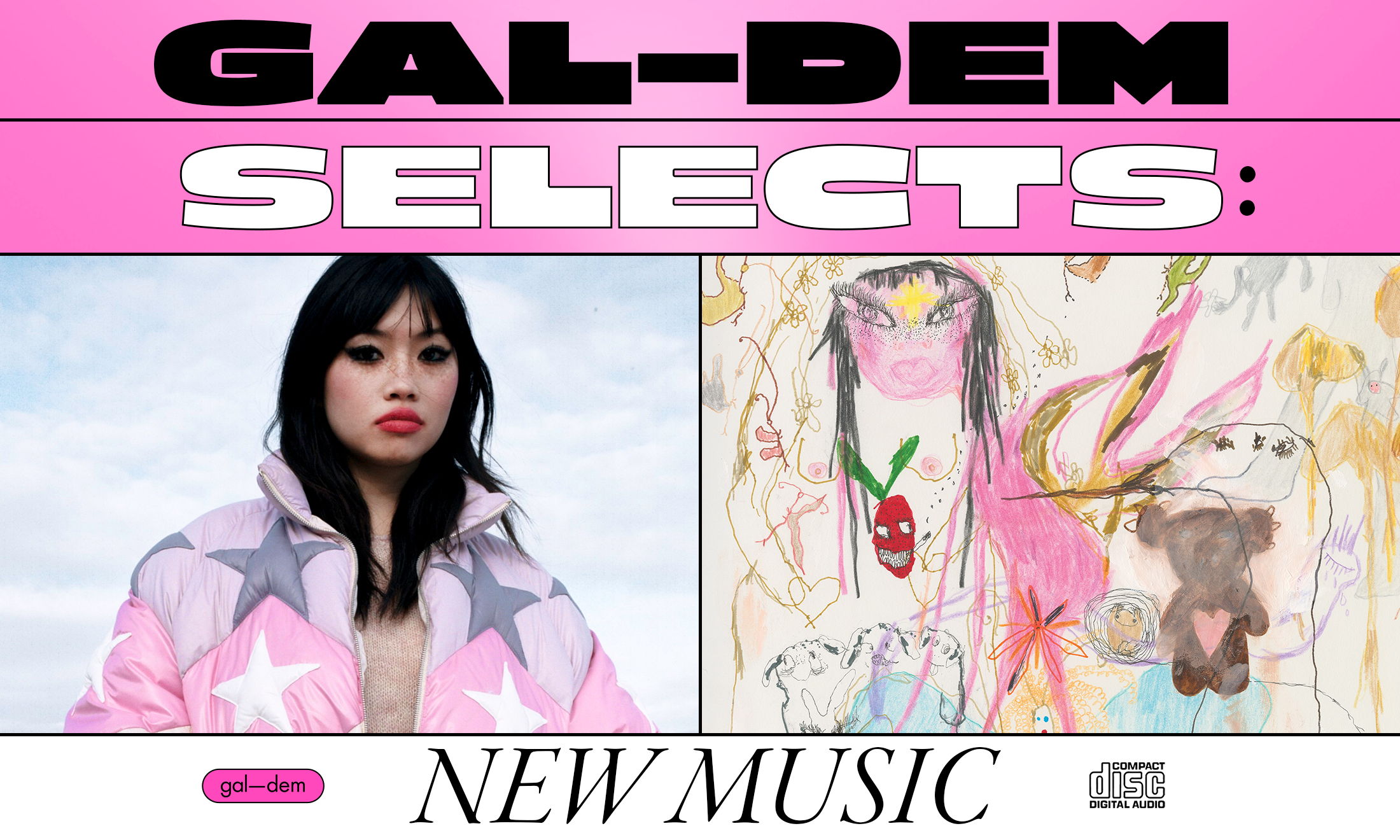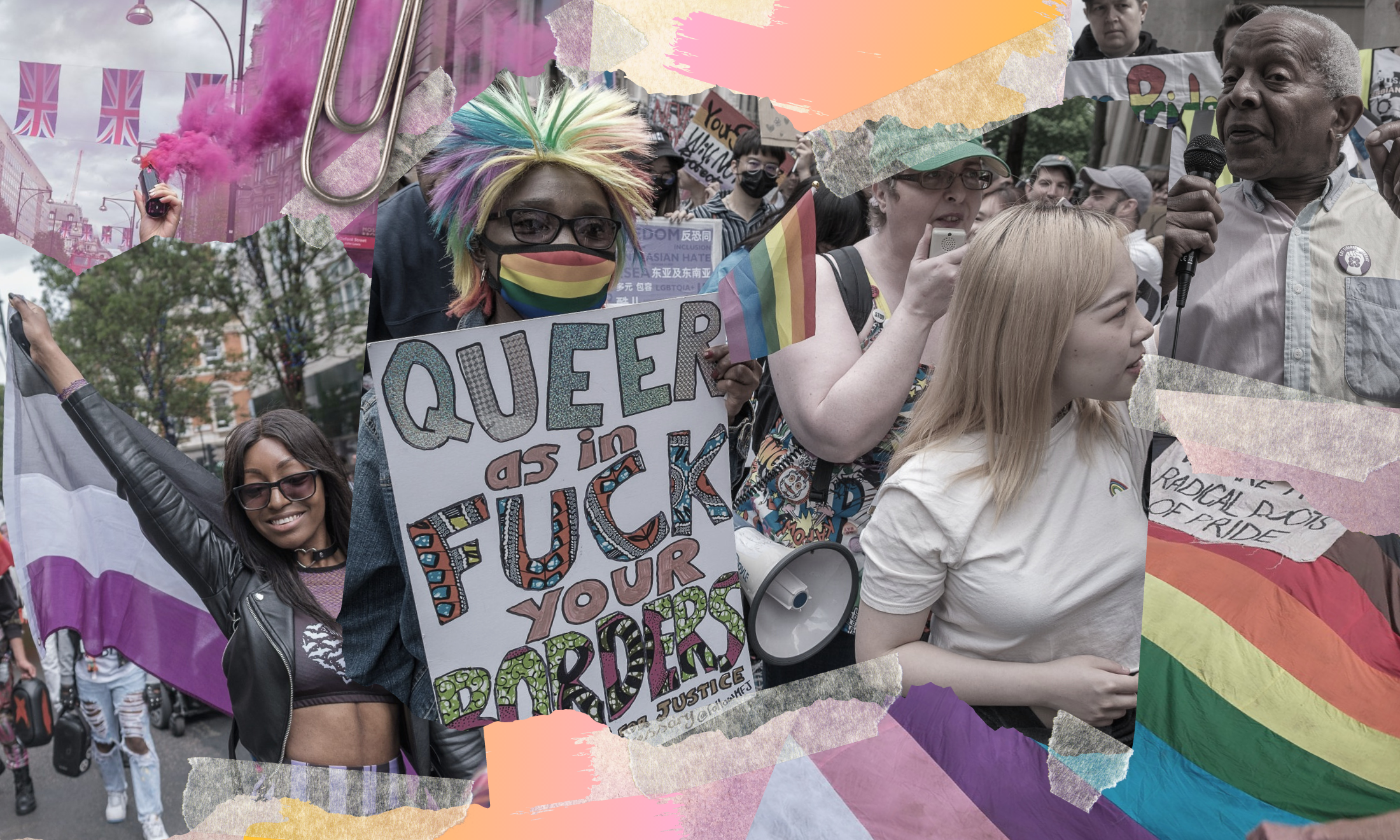
Janelle Monáe has always been iconic for her afro-futurist R&B music. Her ground-breaking new album, Dirty Computer, shows the artist in a new and transparent light.
In previous works, Monáe was much more ambiguous and often focused on her alter ego (an android named Cindi Mayweather), but for this work, her own identity took the reigns. Around the same time of the album release Monáe came out as pansexual. “Being a queer black woman in America, someone who has been in relationships with both men and women – I consider myself to be a free-ass motherfucker,” she told Rolling Stone magazine. She went on to specify her sexual orientation. “I read about pansexuality and was like, ‘Oh, these are things that I identify with too.’ I’m open to learning more about who I am.”
Monáe is unapologetically queer, black and female and this album is of huge value to the LGBTQI+ community, but especially to those who are thinking of or are in the process of coming out. Unfortunately for many, there is not always a support network during this milestone. This album and Monáe’s shameless attitude helps listeners to know that they are not alone. She has also opened up a long-overdue discussion around pansexuality, which is sometimes not as well known as other sexual orientations.
“Monáe has opened up a long-overdue discussion around pansexuality, sometimes not as well-known as other sexualities”
The album is made up of 14 tracks which, if listened in order, take the listener on a journey which is both vulnerable and empowering.
The opening track, ‘Dirty Computer’, features Brian Wilson. It is soft, robotic and drenched in harmony. It can also be viewed as a farewell to the alter-ego of Cindi Mayweather. “Searching for someone to fix my drive. Text message, God up in the sky”. These lyrics show a fragile side to Monáe and express a belief that something is wrong with her and also shows her search for answers, within the grander scheme of existence. The later more expressive songs are made more powerful by Monáe opening the album with such a vulnerable track which shares her fears and insecurities.
‘Dirty Computer’ flows seamlessly into ‘Crazy, Classic, Life’, a feel-good anthem track which opens with, “Young, black, wild and free. Naked on a limousine”, establishing Monáe embracing her blackness and sexuality. It is followed by witty lines such as: “I don’t wanna be left out, I don’t wanna cheat on you. I just wanna find a guy, and I hope she loves me too.”
‘Pynk’ feat. Grimes is perhaps the most sensual. In it, Monáe refers to aspects of some women’s anatomy in a celebratory way. “Pink like the lips around your, maybe… Pink like your fingers in my, maybe”. The song fantasises about women’s solidarity, “Cause boy it’s cool if you got the blue. We got the pink”.
Meanwhile, ‘I Got The Juice’ feat. Pharrell Williams, is also provocative. In the bridge, Monáe sings: “Got juice for all my lovers, got juice for all my wives… my juice is my religion, got juice between my thighs”. The feel-good beat and lyrics convey a celebratory worship of women’s sexuality. Monáe also repeatedly chants: “If you grab my pussycat, this pussy grab you back”, a clear reference to Donald Trump and a reminder that Monáe is particularly fearless to come out during a time when there is such an intolerance towards social-minorities in the US.
The best performers are those who use their words for those who feel they cannot. In a recent interview with Vulture, when asked about how much the election impacted the album, Monáe responded: “The election sped up the release of Dirty Computer. I was actually taking longer to do it, and then I felt a sense of urgency because of the election… How I could celebrate us during the time when the leader of the free world, and those of positions of power, made it very clear that we don’t give a fuck about you”.
“She has released a relevant album which brazenly embraces sexuality, femininity and the African American experience at a time when empowerment is needed most”
The concluding track, ‘Americans’, challenges social normalities. “War is old, so is sex… Say her name, twice in hell”. This addresses societies attitudes towards war, sexuality and religion. Throughout the song she acknowledges discriminative systems within society. “You see my colour before my vision. Sometimes I wonder if you would fly, would it help you make a better decision?” But she floods the song with lyrics of liberation, self-love and fierce language which show her not giving into abusive power systems. “Just love me, baby, love me for who I am. Fallen angels singing, ‘clap your hands’. Don’t try to take my country, I will defend my land”. Unlike during the opening song, in ‘Americans’ Monáe is not searching for validation. She has embraced her identity.
With Dirty Computer, there is no doubt Monáe has evolved her musical image. She has released a relevant album which brazenly embraces sexuality, femininity and the African American experience at a time when empowerment is needed most. It has already been a sensational success, with ‘Make Me Feel’ reaching over 22 million streams on Spotify alone. This positive result is well-deserved for an artist who articulates self-expression and social-justice both through her music and also in interviews. As a writer, I have always envied the speed with which musicians can influence a large group of people – which is precisely why we need more albums like Dirty Computer.









